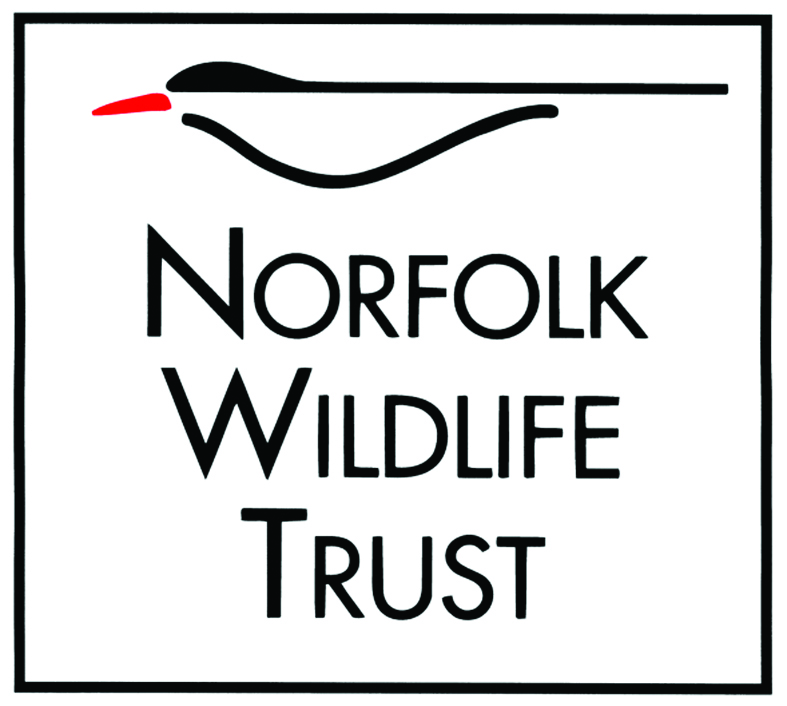Search
Search
Science and evidence
An evidence-based battle for wildlife
A look into Dr. Charlotte Packman's research into barbastelle bats to understand the impact of a major road through the Wensum Valley.
Schools and groups e-newsletter
New report highlights need for urgent action to save Norfolk's nature
Today, alongside leading wildlife organisations, we are publishing a landmark State of Nature 2023 report. It shows that nature is continuing to decline at an alarming rate across the UK, which is…
My new roots
Mary moved to Birmingham for her job and has found volunteering with The Wildlife Trust the perfect way to meet new people and put down roots in a new place.
Creating a new meadow
News
Keep up to date with the latest stories, research, projects and challenges as we work to tackle the climate and nature crisis.
New Buckenham Common
One of the largest areas of unspoiled common land in South Norfolk. New Buckenham Common gives us a glimpse of what much of the English countryside once was: bursting with wildflowers, insects,…
My new life
Working full time in a windowless room cut Sonja off from the natural world around her; but spending time in wild places has helped her to discover herself since a shock diagnosis two years ago.…
Cley New Cut
Coastal works to protect Norfolk's wildlife from rising sea
This week sees the start of major works at Norfolk Wildlife Trust's Cley and Salthouse Marshes nature reserve, to help the site and its wildlife adapt to rising sea levels and protect its…
